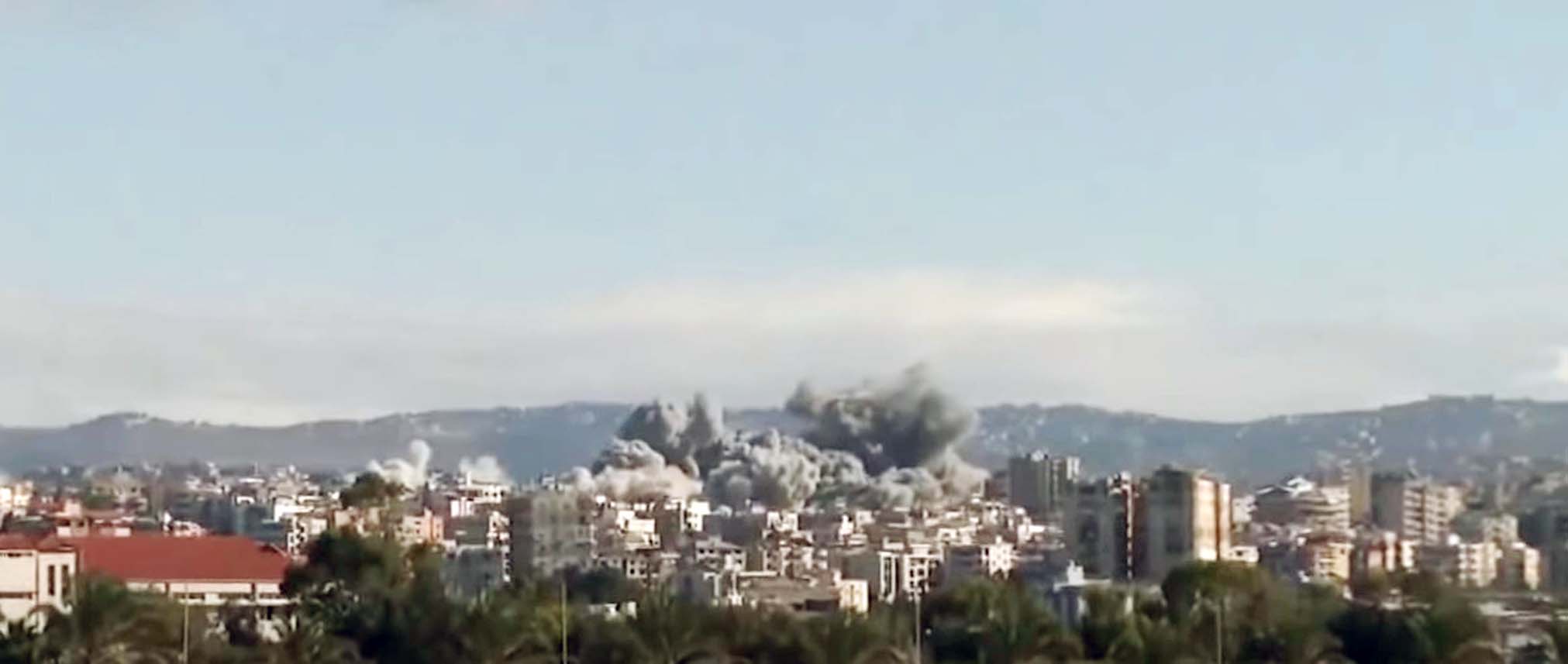Significantly, on November 26, 2024 the Israeli government agreed a ceasefire agreement with Hezbollah. The accord, arranged with U.S. and French mediation, aims to halt over a year of cross-border fighting between Israel and the Lebanese militant group. Set to start at 4 a.m. Israel time, the truce signals a possible turning point in the explosive Middle East conflict.
Specifics of the Ceasefire Agreement
Designed as a 60-day truce, the ceasefire draws on the framework of United Nations Security Council Resolution 1701. Originally adopted following the 2006 Lebanon War, the resolution orders the evacuation of Israeli soldiers from southern Lebanon and restricts armed formations in the region to the Lebanese military and UN peacekeepers. Though doubts over its endurance remain, the agreement aims to provide conditions for a more resilient peace.
The U.S. State Department said the conversations were “arduous but necessary.” Israeli Prime Minister Benjamin Netanyahu said the truce will free Israel to concentrate on restocking its military supplies and tackling more general regional challenges including Iran. In a statement, President Joe Biden underlined the need of world cooperation in conflict resolution while complimenting the accord as a “step toward long-term stability”.
Human and Regional Impact
The battle has taken a catastrophic toll, with thousands slain and many more displaced. Just hours before the ceasefire approval, Israeli attacks on central Beirut resulted in severe casualties, underscoring the human cost of prolonged warfare. Civilians on both sides have suffered the brunt of the violence, facing destruction of homes, disrupted livelihoods, and significant psychological wounds.
For towns along Israel’s northern border and in southern Lebanon, the truce offers a glimpse of hope. However, residual worries of further confrontations keep optimism in check. “We’ve seen ceasefires come and go,” remarked a resident of northern Israel, indicating widespread pessimism about the deal’s sustainability.
Broader Implications
The truce also has repercussions for regional relations. By emphasizing on the Iranian threat, Israel tries to isolate Hezbollah, which receives major assistance from Tehran. The truce might impact ongoing confrontations involving Hamas in Gaza and reshape the strategic calculus for other Middle Eastern players.
Conclusion
While the ceasefire deal constitutes a significant step toward de-escalation, attaining sustainable peace would need sustained diplomatic efforts and reciprocal concessions. The international community’s role in monitoring compliance and tackling core causes of the conflict will be vital.
Sources
- CNN
- The Times of Israel
- Local News 8
- Israel Hayom

